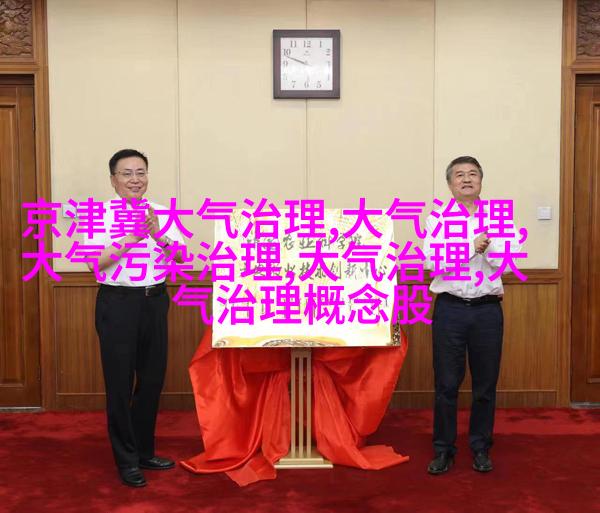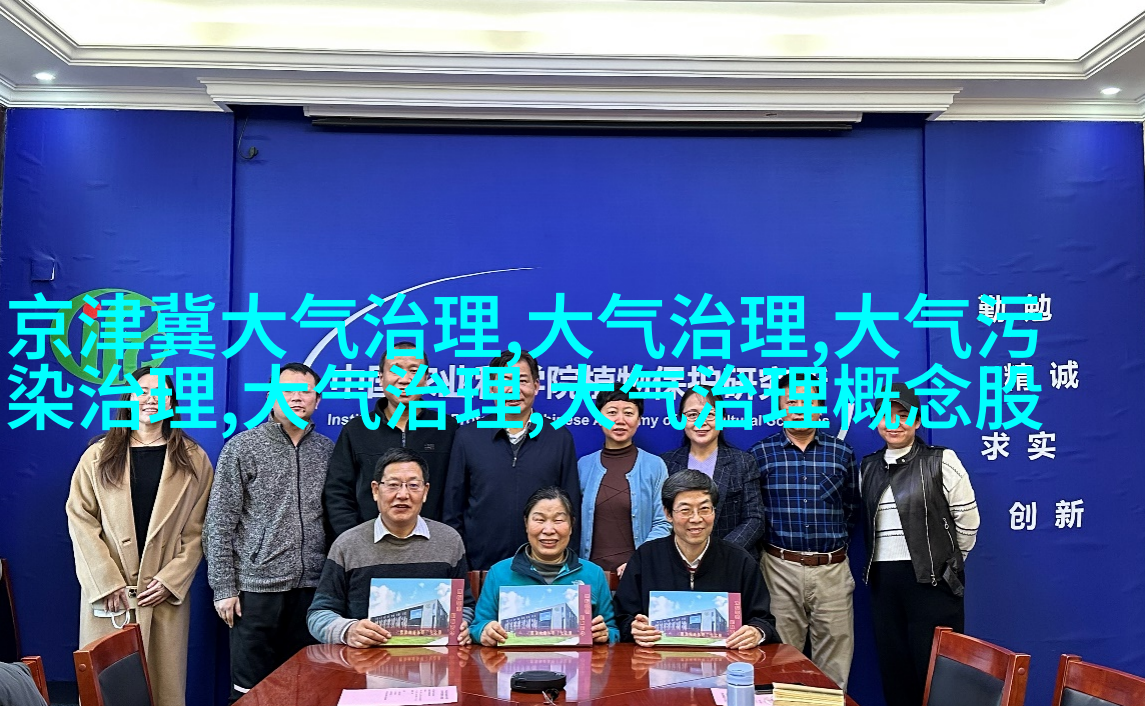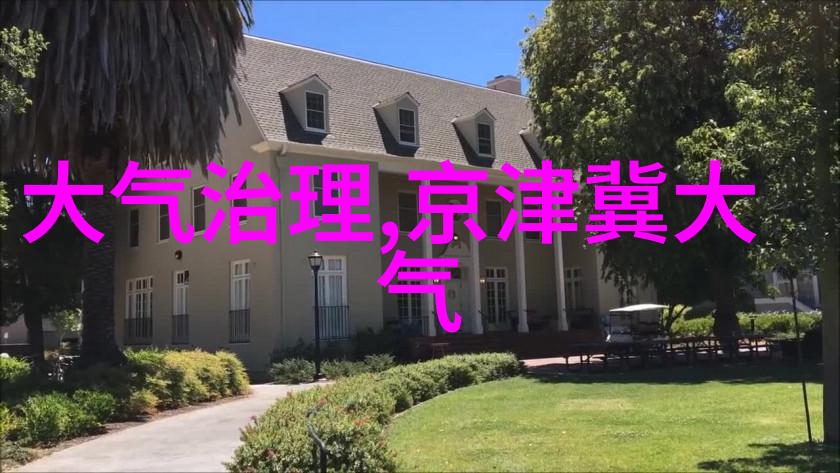《深入打好城市黑臭水体治理攻坚战实施方案》的发布,引发了对污水转运体系建立健全、污水处理厂出水标准提高和新扩建情况的关注。除了“进水BOD浓度高于100毫克/升的城市生活污水处理厂规模占比达90%以上”外,还有其他多项措施,如严格农家乐、种植采摘园等范围内的生活及农产品产生污水及垃圾治理,以及将黑臭水体整治不力问题纳入中央生态环境保护督察和长江经济带、黄河流域生态环境警示片现场调查拍摄范畴。

本文就“进水BOD”这个问题进行探讨。首先,定义了BOD(生物化学需氧量),它是反映有机物含量的一个综合指标,是重要的water quality参数。一般清净河流五日生化需氧量不超过2mg/L,而工业、农业用水要求小于5mg/L,生活饮用water应小于1mg/L。
接着,我们分析为什么低BOD值并不总是好事。在现有的政策中,城市要明确管网排查改造、清污分流、工业废water和工程疏干排water清退以及溯源执法等措施。此前《城镇污water处理提质增效三年行动方案(2019-2021年)》也指出,要围绕服务片区管网制定“一厂一策”系统化整治方案,明确整治目标和措施。

最后,从BOD看雨污分流和管网改扩建的问题。在实际操作中,由于非生活pollution排入稀释,以及管网流速过低导致大量BOD沉积在pipe内,这些因素导致进Water BOD浓度过低。这说明关注的是我国城市排Water pipe net clear-polluted mixed connection, rain-water mixed connection, pipe net system not scientific or old problems. Rain-water separation and pipe net construction are crucial in this regard.
The article concludes that the policy is concerned about improving the water quality by reducing the BOD levels in urban areas. The government has set a goal to achieve a 90% coverage of life sewage treatment plants with a BOD level above 100 mg/L by 2025. This requires significant investments in upgrading and expanding the sewage infrastructure, including rain water management systems. The market potential for such projects is substantial, estimated to be over RMB 2 trillion.

In summary, the policy aims at ensuring that all urban sewage treatment plants have a BOD level above 100 mg/L by 2025. This requires upgrading and expanding existing sewage infrastructure as well as implementing effective measures for managing industrial wastewater and agricultural runoff. The government has also emphasized the importance of separating rainwater from sewage to prevent pollution and improve water quality.
As part of its efforts to tackle black odor bodies (BOBs), China's Ministry of Environmental Protection has launched an initiative aimed at improving air quality in cities across the country through enhanced waste management practices.

Under this initiative, local governments will be required to implement stricter regulations on waste disposal facilities within their jurisdictions.
Furthermore, these governments must establish efficient monitoring systems to track compliance with environmental standards.

Additionally, they should provide incentives for businesses operating within designated regions who adhere strictly to green practices.
These initiatives are expected not only enhance air quality but also create job opportunities within related industries.




